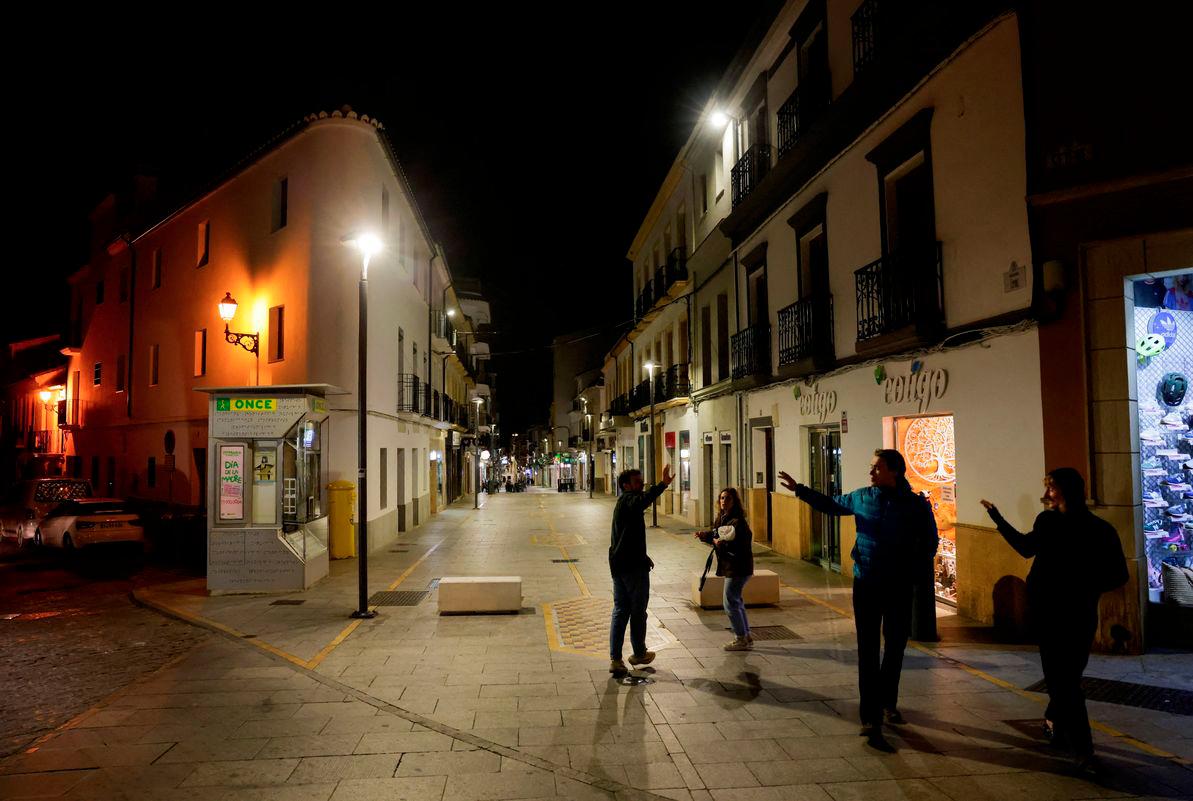BRUSSELS/MADRID: The massive power outage that hit the Iberian Peninsula in April is the first known blackout caused by excessive voltage, according to a report from the European network of electricity transmission system operators released on Friday.
The report, released ahead of an October 28 legal deadline, focused on the power systems’ condition on the day of the outage and the sequence of events without investigating the trigger.
Like previous inquiries, it identified a voltage surge as the immediate cause of the April 28 outage, which was Europe’s most significant blackout in over two decades, paralysing cities and stranding people on trains across Portugal and Spain.
A final report due in the first quarter of 2026 will investigate the root causes and steps taken to control voltage in the system.
Damian Cortinas, chair of ENTSO-E’s board, stated that nothing in the findings indicated a cyber-attack was involved. He clarified that neither Spain’s increasing reliance on renewable energy nor its limited power interconnections with other countries played a role in the blackout.
Cortinas told Reuters that doubling the interconnection capacity would not have stopped the blackout or accelerated the recovery.
Since the incident, the Spanish and Portuguese governments have urged the EU to help develop new power links with other countries to improve grid resilience during disruptions.
The report noted that reasons for some initial power generation losses remain unknown, with some Spanish power plant operators stating they lacked this data.
ENTSO-E highlighted that collecting complete, high-quality data proved very challenging for the investigation.
This report follows several others by the Spanish government and power and grid companies, with the national energy watchdog and Spanish lawmakers conducting separate investigations. Redeia, owner of grid operator REE, has blamed the blackout on some power plants’ failure to help maintain appropriate voltage, while Spanish utilities criticised the Spanish grid operator’s planning.
ENTSO-E’s investigation panel includes representatives from Spanish grid operators, a setup criticised by Spanish utilities. Cortinas defended the panel, stating their expertise was necessary and that the 45-member group included representatives from across Europe to prevent undue influence from any single operator.
Spanish Energy Minister Sara Aagesen welcomed the report, stating it aligned fully with the government’s investigation findings.
She noted that the report shows voltage control systems in Portuguese conventional power plants operated as expected, but this was not the case in Spain.
Redeia stated on Friday that the report confirmed the sequence of events described in its own findings. Spanish power utility lobby Aelec declined to comment on the report’s release. – Reuters









